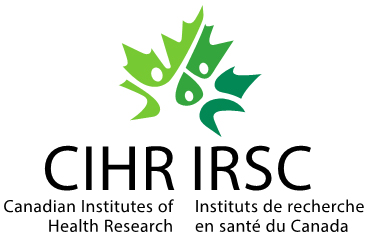Genitourinary
Novel Cancer Research
Tackling Prostate Cancer Recurrence
One in six Canadian men are affected by prostate cancer, making it the second leading cause of cancer-associated death in the country. After initial therapy, halting further progression and recurrence of prostate cancer is paramount. Yet there is still much to be learned about the factors that influence prostate cancer growth.
Dr. Damu Tang is an associate professor of surgery at McMaster University and an affiliate scientist of The Research Institute, working within our Genitourinary research pillar. His work has focused on the tumorigenesis and progression of prostate and other cancers.
Recent work by Dr. Tang and his team found that a protein called contactin 1 (CNTN1) promotes prostate cancer growth and progression. The discovery was made after examining more than 600 prostate cancer samples directly obtained from patients, which showed an association between CNTN1 and prostate cancer recurrence. Further work using murine models showed that CNTN1 can initiate prostate cancer, promote metastasis, and ultimately lead to a lethal form of prostate cancer that is resistant to therapy.
Did you know?
Tumorigenesis, also called carcinogenesis or oncogenesis, is the formation of a cancer, whereby normal cells are transformed into cancer cells. The process is characterized by changes at the cellular, genetic, and epigenetic levels and abnormal cell division.

Dr. Tang and his team of cancer researchers at St. Joseph’s Healthcare Hamilton have been awarded over $800,000 by the Canadian Institutes of Health Research (CIHR) to support their research on prostate cancer. The CIHR grant will fund a 5-year study that builds on the team’s previous work to further understand the mechanisms by which CNTN1 promotes prostate cancer formation and progression.
“Our study will produce new knowledge on CNTN1 as a novel and critical prostate cancer factor,” says Dr. Tang, an affiliate scientist of The Research Institute of St. Joe’s and an associate professor at McMaster University. “It may lead to novel therapeutic interventions to inhibit CNTN1 function in hopes of slowing prostate cancer formation and progression.”
The research team includes Dr. Michael Bonert, a staff pathologist at St. Joe’s, as well as Dr. Geoffrey Wood, an expert in murine prostate cancer pathology at the University of Guelph.
Together, they are pioneering studies into the role of CNTN1 in prostate cancer at The Research Institute of St. Joe’s Hamilton.
The OICR is a collaborative, not-for-profit research institute funded by the Government of Ontario. OICR conducts and enables high-impact translational cancer research to accelerate the development of discoveries for patients around the world. The Research Institute is grateful to be a beneficiary of the OICR Cancer Therapeutics Innovation Pipeline (CTIP) initiative.

